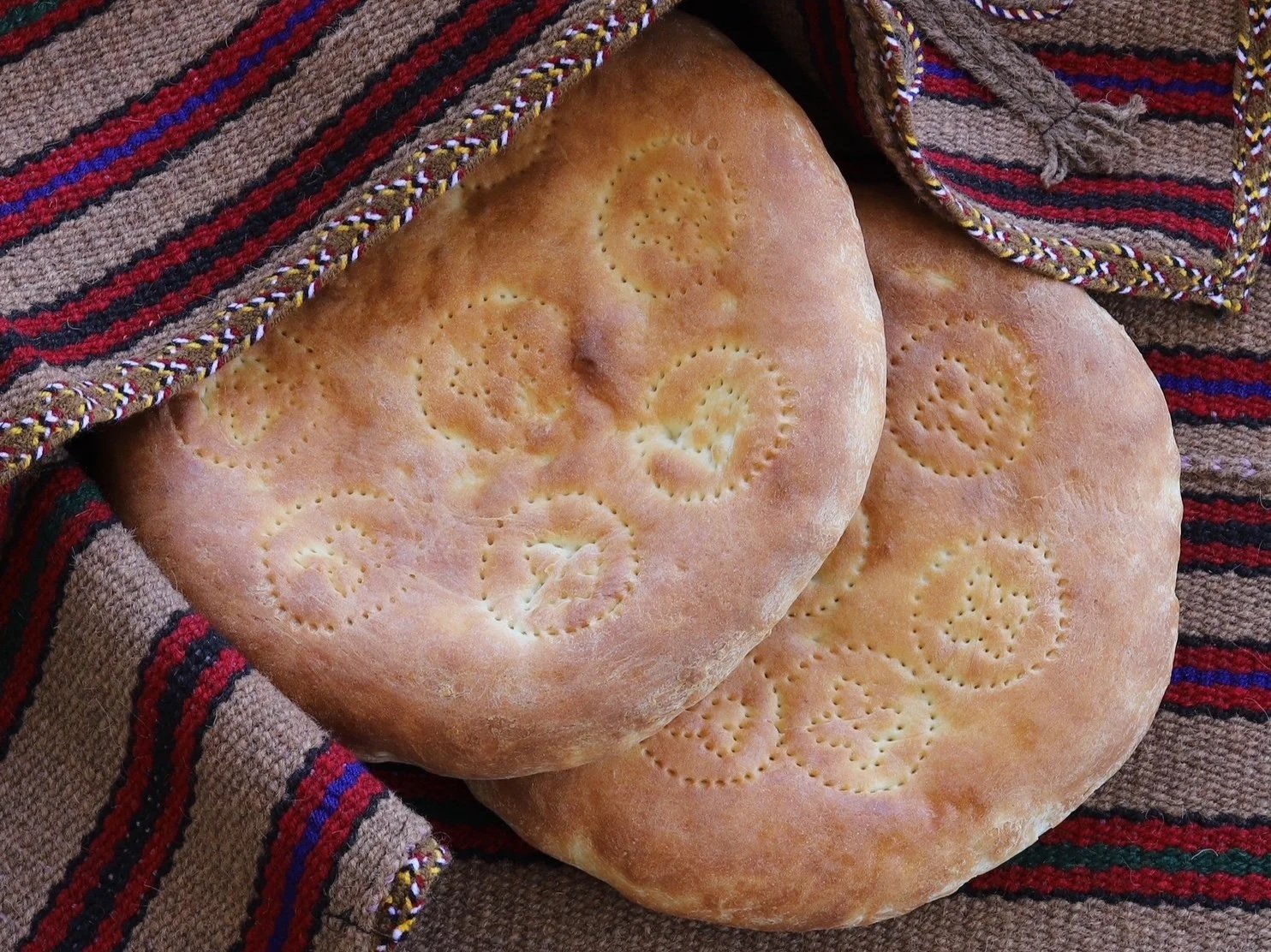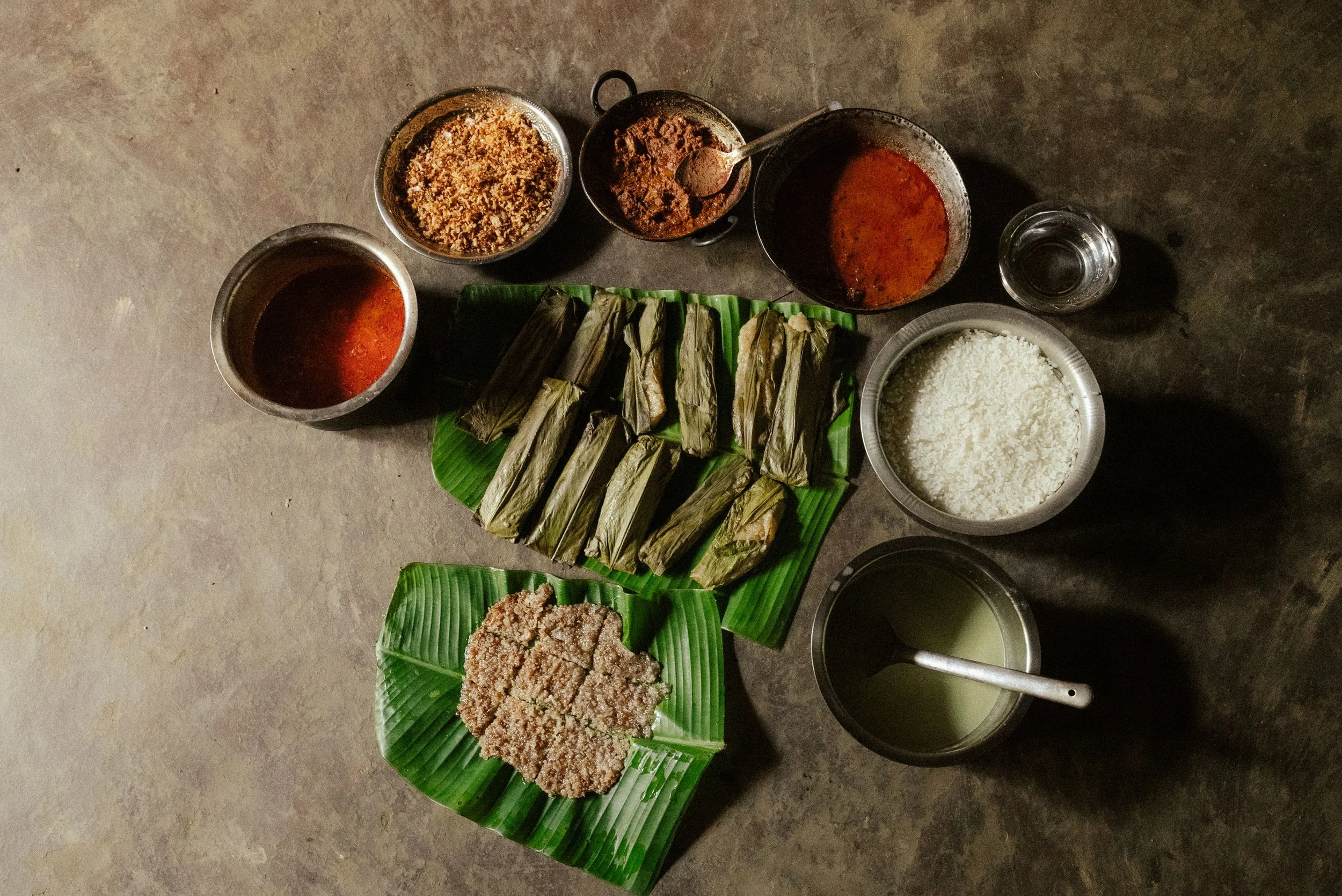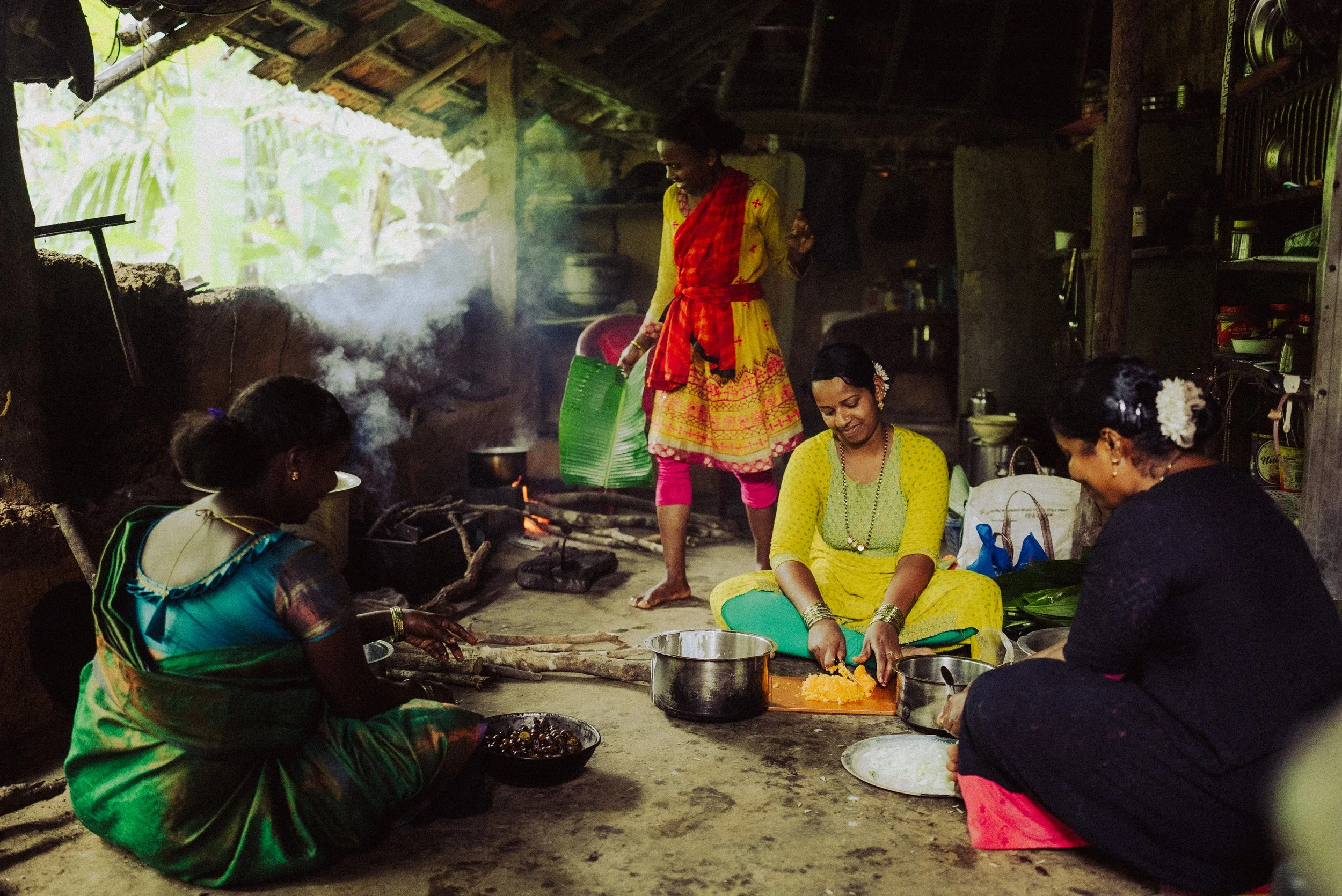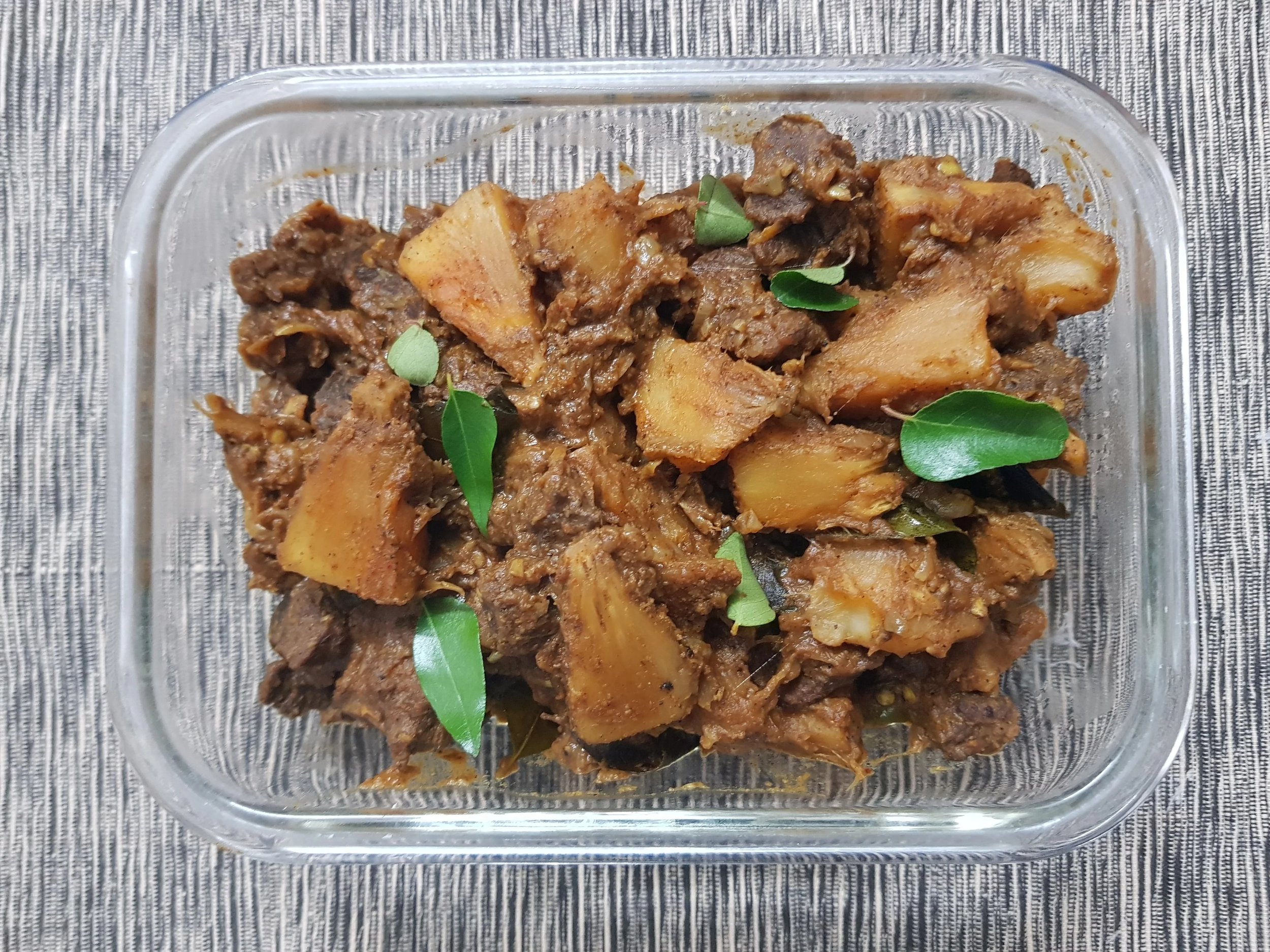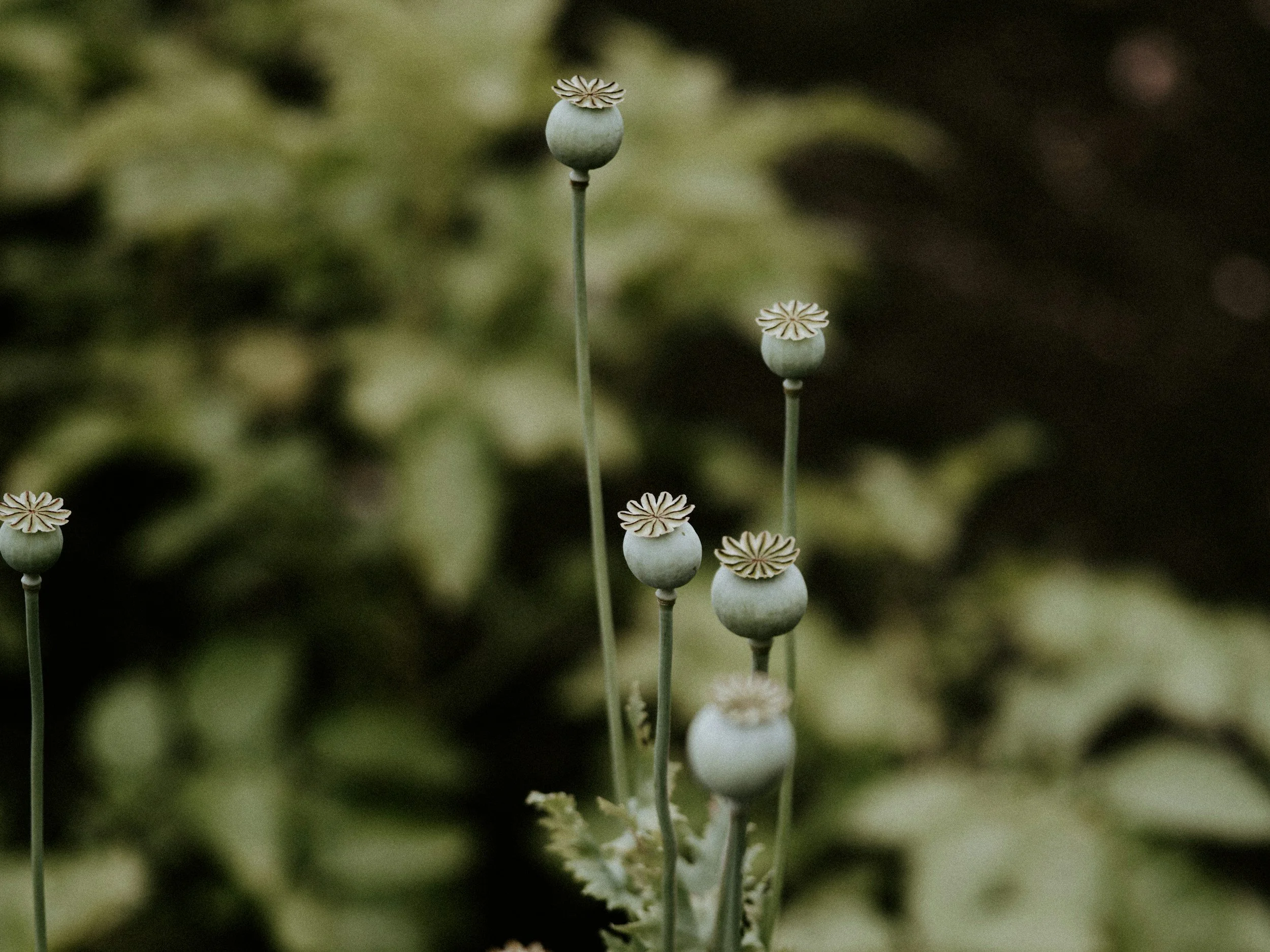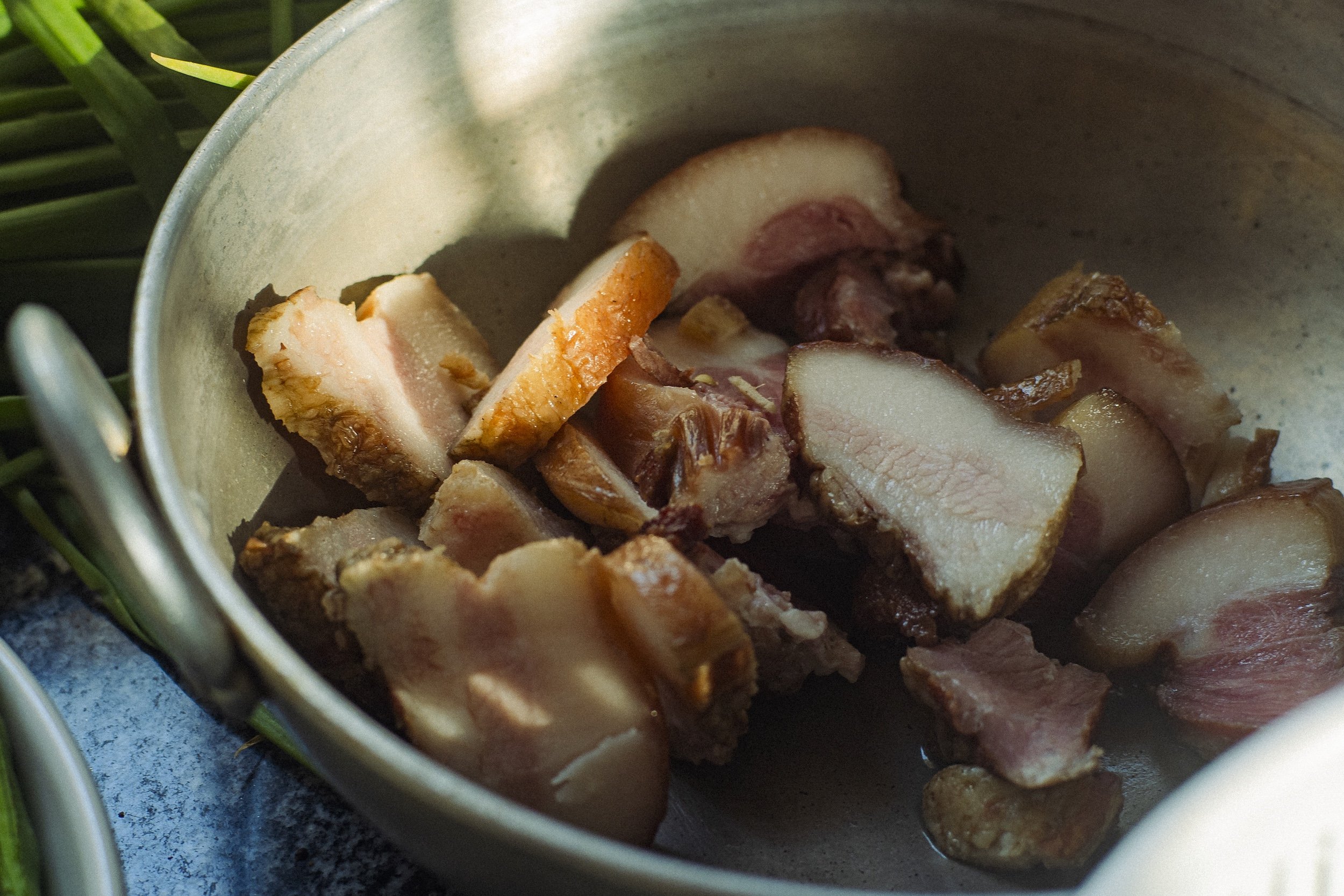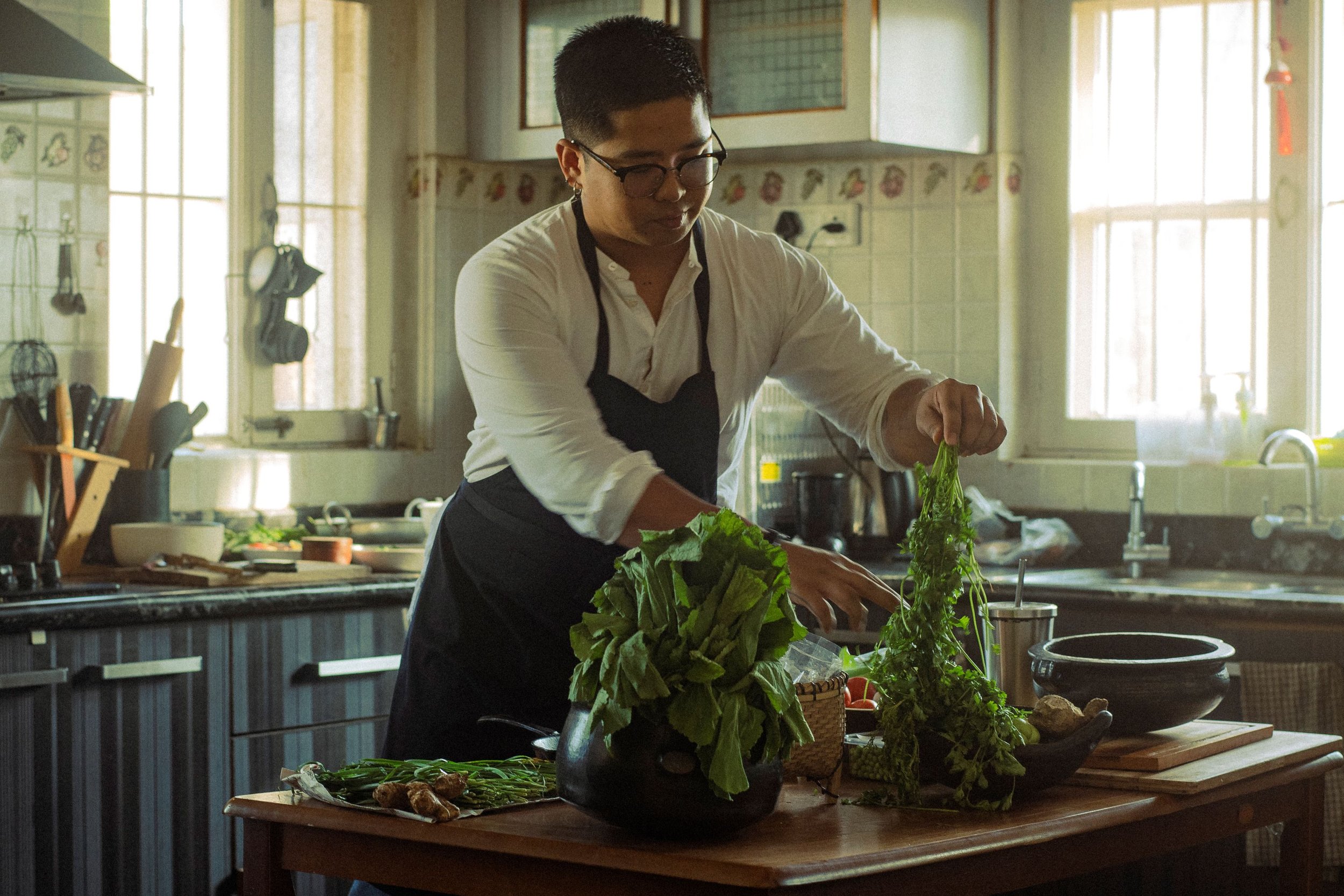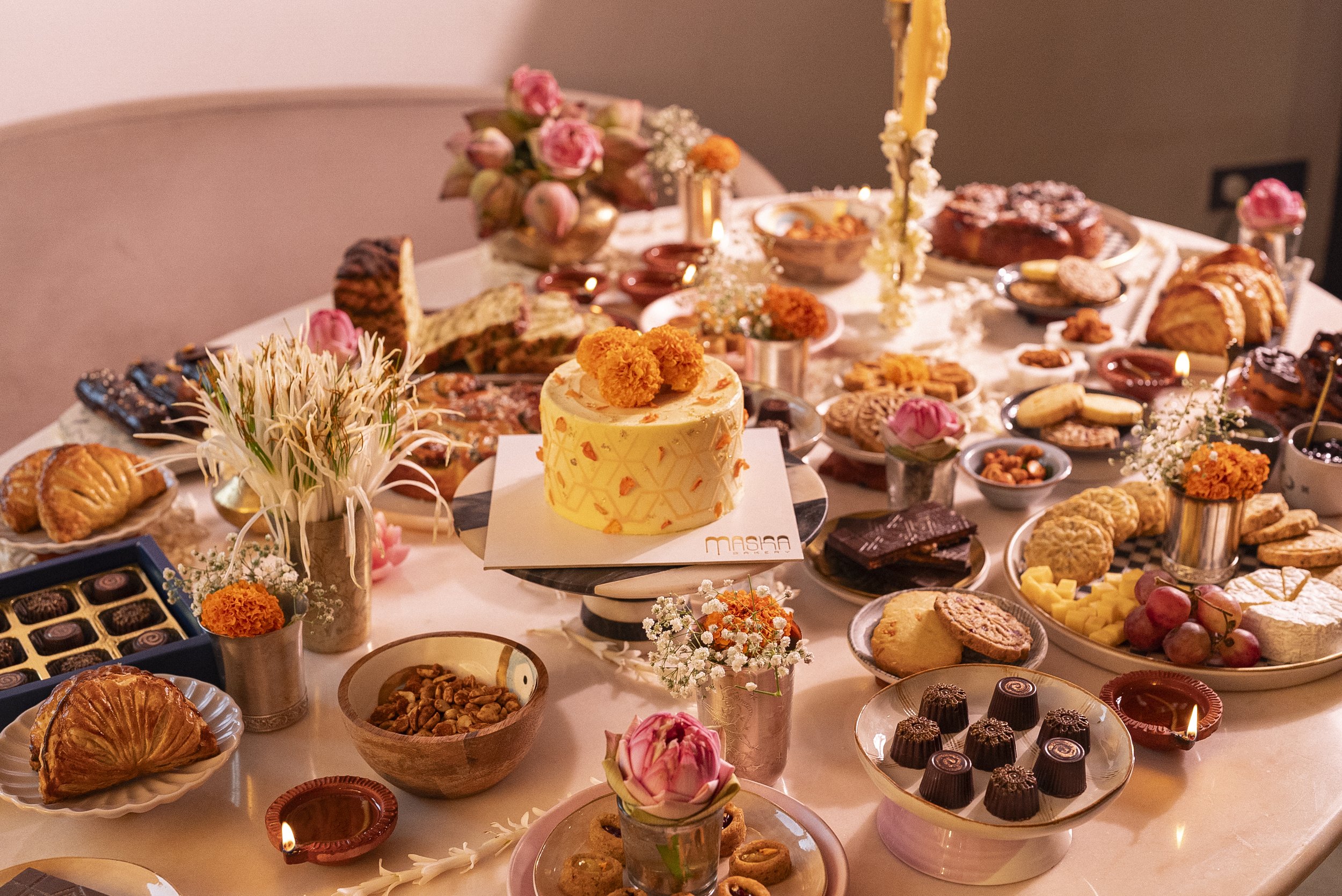Garima Arora: On Being Asia’s Best Female Chef

Garima Arora talks to Aysha Tanya about leading a multi-cultural kitchen, using indian techniques on local produce, and the cerebral process of recipe creation.
At about 7 pm one November evening, as Garima Arora, chef and owner of Gaa, Bangkok, huddled over a table with her sous chef and PR manager, her cellphone buzzed. She answered on loudspeaker (“my phone never works, and I have to answer all my calls on loudspeaker”) when the person on the other end of the line said, “Hello, we’re calling from The Michelin.” The whole room froze. When she finally hung up, the silence was broken with joyful cheers. Gaa, helmed by Chef Garima Arora, had been awarded its first Michelin star.
She has worked in some of the most influential kitchens in the world — a three-year stint at Noma (ranked as the Best Restaurant in the World for four years) — where she was the only woman in the kitchen at one point; at Gorden Ramsey’s Verve in Dubai and at Gaggan in Bangkok, (named number 1 in Asia’s Best Restaurants for four years in a row) under the tutelage of Gaggan Anand. However, growing up, Garima wanted to be a journalist, and even worked as one for a year — but opening a restaurant was always at the back of her mind. “I thought I’d win my Pulitzer and then go open a restaurant,” she jokes in a podcast interview with Pooja Dhingra, the founder-owner of Le 15 Patisserie. She quickly realised however, that being a chef is a “young person’s game” and couldn’t be put off for too long, and enrolled at Le Cordon Bleu, Paris. And it wouldn’t be an exaggeration to say that today, Garima is definitely at the top of her game.
Over a phone conversation, she patiently explains to me that no, the way it played out in The Hundred Foot Journey, is not how the call from The Michelin happened in real life. You don’t know how many stars you’ve won until the award ceremony takes place, and there isn’t a particular time that you can expect them to call, making the surprise even sweeter. Gaa opened its doors to the public in April 2017, when Chef Garima was 31 years old. Eighteen months into the journey, the restaurant already has a Michelin star under its belt, making her the first Indian woman to earn one.
“Gaa is a culmination of all the reasons I fell in love with Thailand,” Garima shares with Pooja. “Thailand and India have a lot of similarities as far as food is concerned, and Gaa is an expression of that connection.” The style of the restaurant is cheekily described as ‘Modern Eclectic Cuisine’ and uses a lot of Indian techniques to bring out the best in local produce. As Garima explains, “One of the main techniques that we draw from India is extracting umami from vegetables. I think it’s amazing how Indian techniques let you do that, leaving nobody ever missing meat.” The restaurant also has its own fermentation room, and a lot of the in-house staples like soy sauce, fish sauce, butter and cheese are made here. There is a lot of pride in turning humble, ordinary ingredients into culinary marvels.
Offering a 10-course and a 14-course tasting menu, the dishes served here have one foot firmly in the nostalgic past and the other in the future. Take, for example, a caramelised milk skin with beef and yeast aquafaba, or a burnt coconut sugar ice cream with pork floss, persimmon, macadamia cheese and malai. Both malai and milk skin are homely ingredients that we know and love, spun into wildly creative new avatars. Coming up with these recipes is a cerebral process, and learning to think about food intellectually is something that Garima picked up from her time in the Noma kitchen, where Chef Redzepi is known for his wonderfully scientific, yet poetic interpretations of Nordic ingredients that create iconoclastic dining experiences.
Unripe Jackfruit with Roti and Pickles
I ask Garima who her mentors are, outside those in the industry, and without hesitation, says it is her father. “He’s my best friend, and outside the kitchen I look up to him for advice in every part of my life.”
“We went out for dinner one night to a restaurant at the Taj. I may have been 12 or 13. I really enjoyed the meal, and my father said, ‘Do you want to know what the bill was?’ And he showed it to me. And he said, ‘If this is how you want to eat every night of your life, when you grow up, this is how much money you should earn for yourself.’ He doesn’t remember this, but I do. And it always stuck with me. Perhaps one reason I’m so diligent and independent and chase what I want so strongly is because I understand that being successful is important. And I think this is what we need to teach our women. Women’s emancipation or liberation does not happen by talking about it, it happens with education and economic independence. This is the most important and crucial point of making sure that women are equal in society. I’m glad he instilled that in me.”
Rather fittingly, it was announced last week that Garima has also been voted Asia’s Best Female Chef, the only Indian woman to have won, so far. We talk about the what it means to have a separate category for women, when there isn’t one for men. “I for one am against positive discrimination of any sort,” she explains. “But that’s an ideal world, isn’t it? On the other hand, it is a great way to recognise individual and team efforts. [My team] is really excited and happy, and for that reason, I’m excited and happy.”
Her team comprises of chefs and interns from 7 nationalities — the only fights they have is about what music to listen to in the kitchen — and Garima, having worked in some of the toughest and most demanding kitchens in the world herself, she has a clear idea of her job as leader of the pack. “One thing I have learned is to give every individual space to be their own personality. Recognising people for what they bring to your team and playing to their strengths is very important. Not everybody is the same, not everybody has the same skill sets or the same level of competence, but everyone has their own role to play.”
The interiors of Gaa
However, there is no getting around that the fact that a commercial kitchen is an incredibly high-stress work environment, and that burnout rates are high. Garima believes that part of the solution is to pay the staff high wages, and give them more time off — a cost that will eventually have to be borne by the paying customer. But equally important is treating those in the service industry with more dignity. “It is so easy to de-humanise a server, and I do find that a lot in our diners today. There needs to be more empathy from diners and the management but also the third party, which is the critics. [The wait staff and chef are] expected to be superheroes, work crazy hours, look a certain way, be engaging with the guests, take criticism, but also be humble. It’s too much to ask from a human being, I think.”
So what does India’s first woman to win a Michelin star want her legacy to be? “To have done something meaningful for my country, its cuisine and its people.”
Aysha Tanya is the co-founder of The Goya Journal.
ALSO ON THE GOYA JOURNAL


